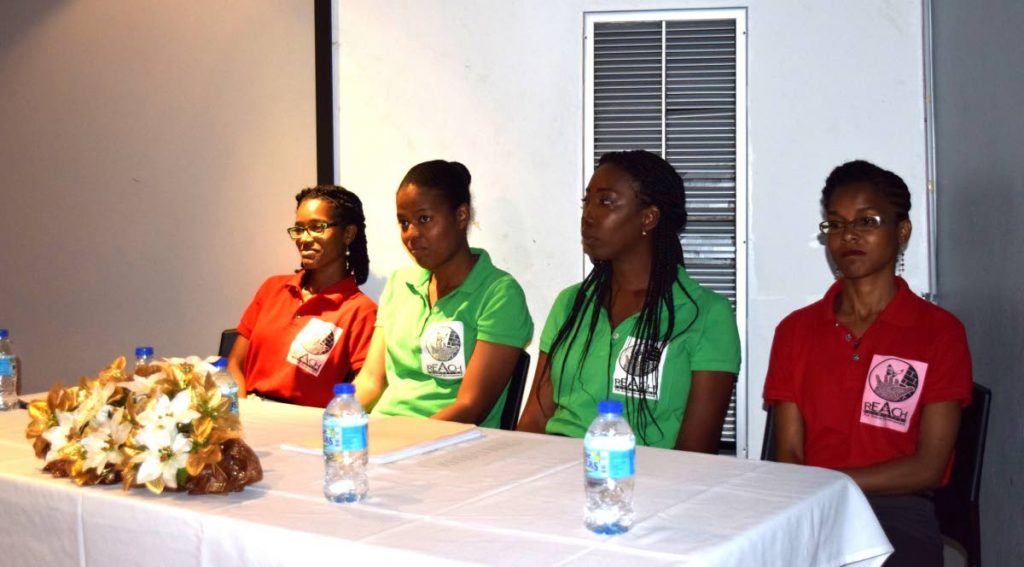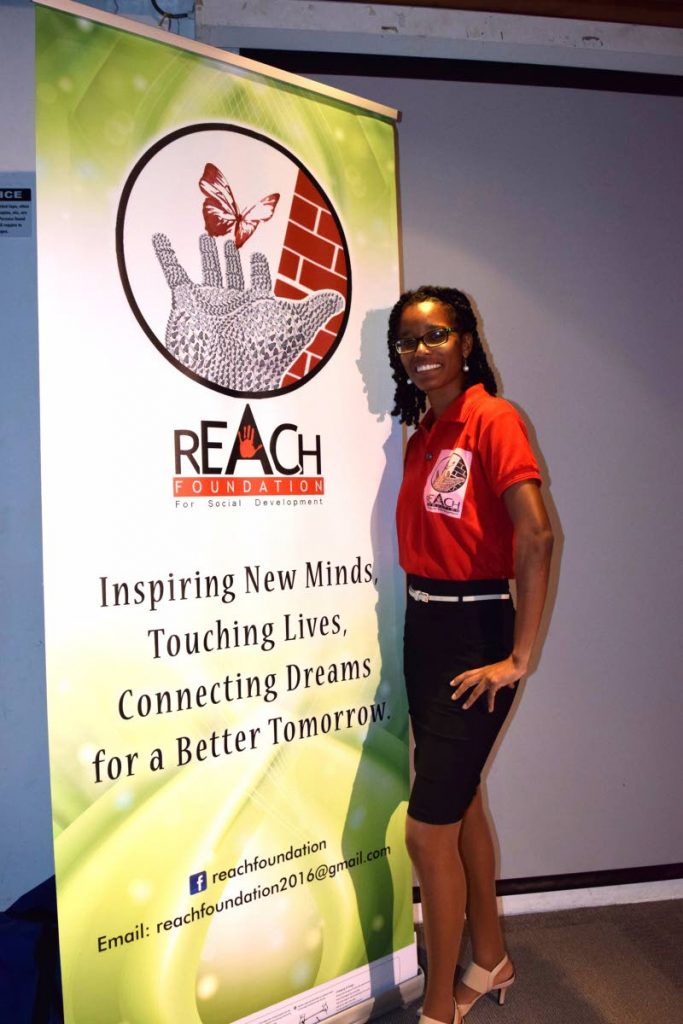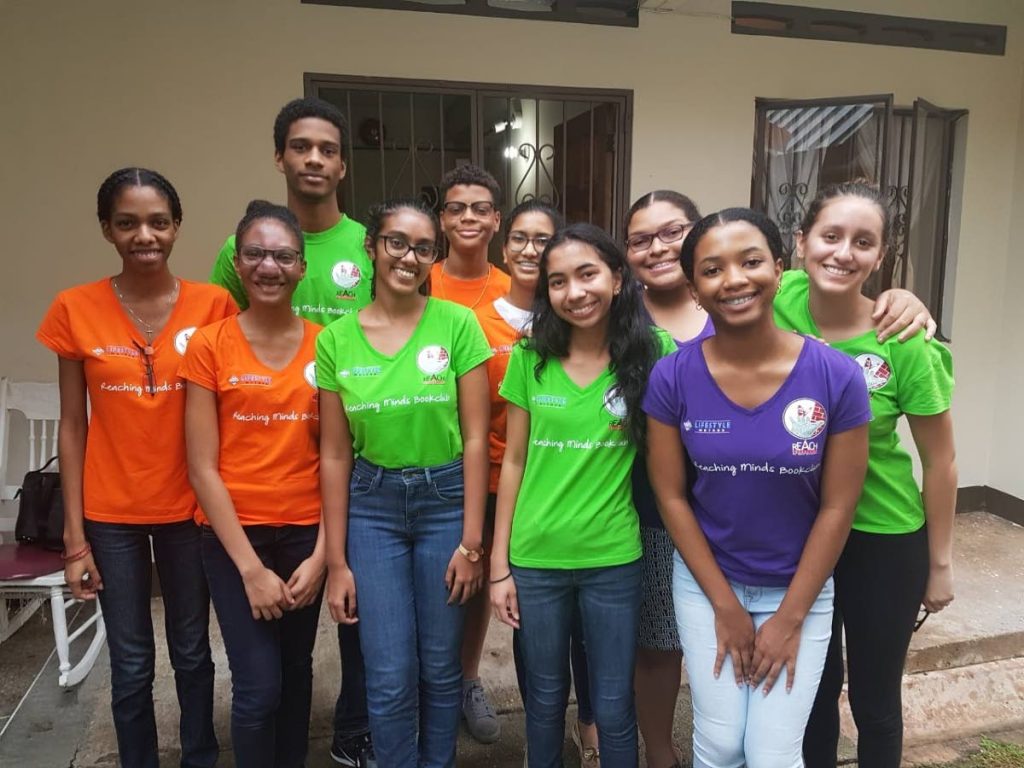Breaking barriers

VALDEEN SHEARS
Kathrine Inniss, her sister Lassivanica, along with fellow board of directors Michaela Pierre and Aviance Peters are the masterminds behind REACH Foundation for Social Development. The initiative began as Inniss' tertiary education thesis, which focused on examining the relationship between elderly women, from East Tobago, 65 years and older, their social environment and their morbidity outcomes. Inniss said social interaction and support played a critical role in her findings.
The 29-year-old said while completing her research she recognised the need for advocating for the well-being of senior citizens and decided to do something about it.
REACH was founded and registered on March 17, 2016 and is as multi-faceted as its acronym suggests.
The foundation has five pillars - research, empowerment, advocacy, community building and human development. Its focus, while heavily centred on the ageing population, also incorporates reaching out to the less fortunate in other circumstances. The organisation has also been instrumental in mobilising aide to victims of natural disasters both locally and regionally.
WMN spoke with the women during a visit to the home of Aaron St John, a flood-affected resident at Oropune Gardens, Piarco.
St John suffers epileptic seizures and is in dire need of assistance. The foundation, said Inniss, will look at assisting the family with much-needed medications, lost in the floods. "The purpose of the NGO is to improve the quality of life for vulnerable and at-risk populations, with emphasis on the ageing population," Inniss said.

“According to the World Health Organisation, quality of life is defined as ‘the individual’s perception of their position in life in the context of the culture and value systems in which they live and in relation to their goals.’ Quality of life must not be confused with standard of living; the latter focuses on income security while the former focuses on social and care security within society," she said.
In keeping with its vision statement – Breaking barriers in order to REACH a higher quality of life – the organisation launched an initiative geared at bridging the gap between youths and the elderly, through recreation.
"We want to see a nation where seniors are recognised as a valuable asset and treated with respect and dignity, no matter their socio-economic status, have the opportunity to contribute and expand their talents and knowledge, they have access to the full spectrum of services including, social, emotional, educational and recreational."

On October 1, 2016, REACH, launched the Reaching Minds Book Club. Young volunteers were partnered with three homes for the elderly, where they read to senior citizens for up to 45 minutes, then spent an hour socialising and engaging in other recreational activities. The initiative also gave the youths the opportunity to share their own experiences and gain advice from the seniors. "We couldn't get over how the young people took to the elderly at these homes. They genuinely sought to treat them with respect and spoke of the words of advice given them by the seniors. Some of them were eager to return, as they had made quick friendships," Inniss recalled.
She lamented that often the treatment meted out to seniors leaves little to smile about. "These pockets of the population can be found within any community and as such the burden tremendously falls on the backs of the family. While, the family is the primary unit to ensure that the needs of vulnerable persons within their homes are taken care of, it is acknowledged that with the changes in the family structure and the workplace, many of times the unit is unable to provide care and social support for these persons.
“As such the NGO, unlike others, seeks to focus on a three-tier system that is geared towards, rebuilding and strengthening the family unit/household, the community and later wider society with massive emphasis on the political and legal arm of governance," Lassivanica noted.
The foundation's volunteer achievement function, which will honour the selflessness of its volunteers, is scheduled for November 18. A sweet-box fundraiser will be held on December 10.


Comments
"Breaking barriers"